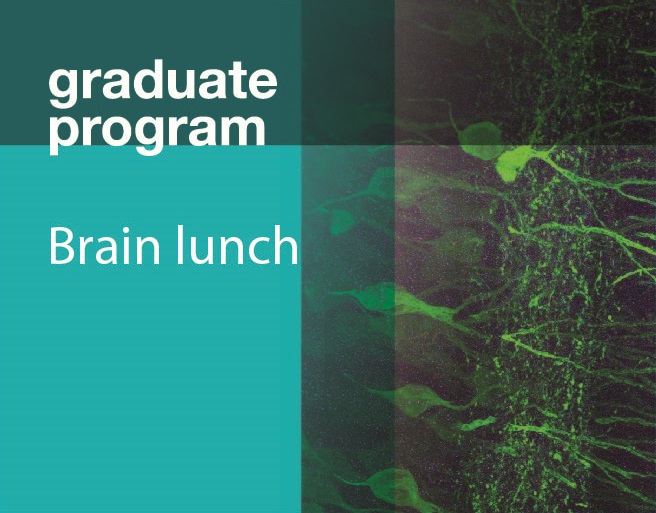
Social familiarity and social memory
Description
For social animals, it is crucial to remember and recognize different conspecific individuals (social memory), and exhibit appropriate social behaviors, such as preference behavior or avoidance behavior, to each individual. In humans, lesion of the hippocampus leads to multiple memory deficits including social memory, suggesting that the hippocampus, at least in part, stores memory information on the individual as well as other components of episodic memory such as spatial or temporal memory. However, in rodents, the literature has not reached a consensus regarding the role of the hippocampus in social memory formation. Some studies using lesion experiments or electrophysiological recording concluded that the hippocampus is dispensable for recognizing a familiar conspecific, whereas other studies suggested the contrary. Thus, the neural mechanism of how social memory is encoded still remains unclear. Since mice naturally tend to spend more time interacting with novel mice, rather than familiar mice (social discrimination behavior), we can quantify the degree of memory of individuals by calculating the total duration of time spent with novel versus familiar individuals. Using this behavioral assay, we found that optogenetic inhibition of a subpopulation in the hippocampus resulted in a deficit of social discrimination behavior. Our research gives us new insights and clues into the neural mechanisms underlying social memory and social familiarity.
Upcoming Brain Lunch Talks:
Or Shemesh, Boyden Lab on 12/12/16

